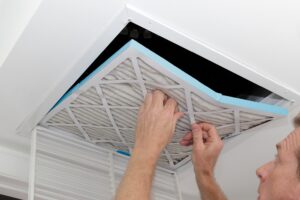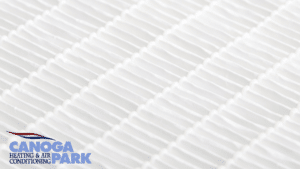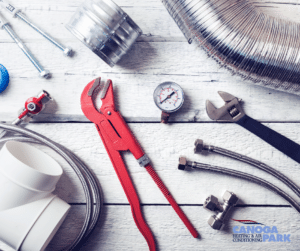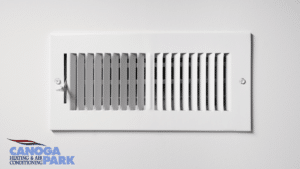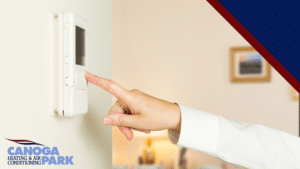
Why You Should Care About Maintaining Your Home’s HVAC
Did you know that your HVAC should be inspected about twice a year? With spring right around the corner, you’ll want your AC to be checked out so you and your family can be as comfortable as possible once the heat hits. Once the colder months of the year roll back around, it is important to make sure that your home’s heater is in proper working order. Neglecting regular maintenance for your HVAC can cause you to run into some costly problems. Be wary of these serious issues that you can run into: Bad air quality in your home It is much more likely that you will experience more sick days during the winter than you would in the summer. This is due greatly to a lowered immune system in the colder months. However, if you are breathing in dirty air due to a heater that isn’t working properly, this will not help you in your efforts to stay healthy. If you regularly maintain your heater, you will have much cleaner air to breathe in your home. Costly repairs that could have been avoided If you were to never change the oil in your car, you would eventually have to invest in a whole new




